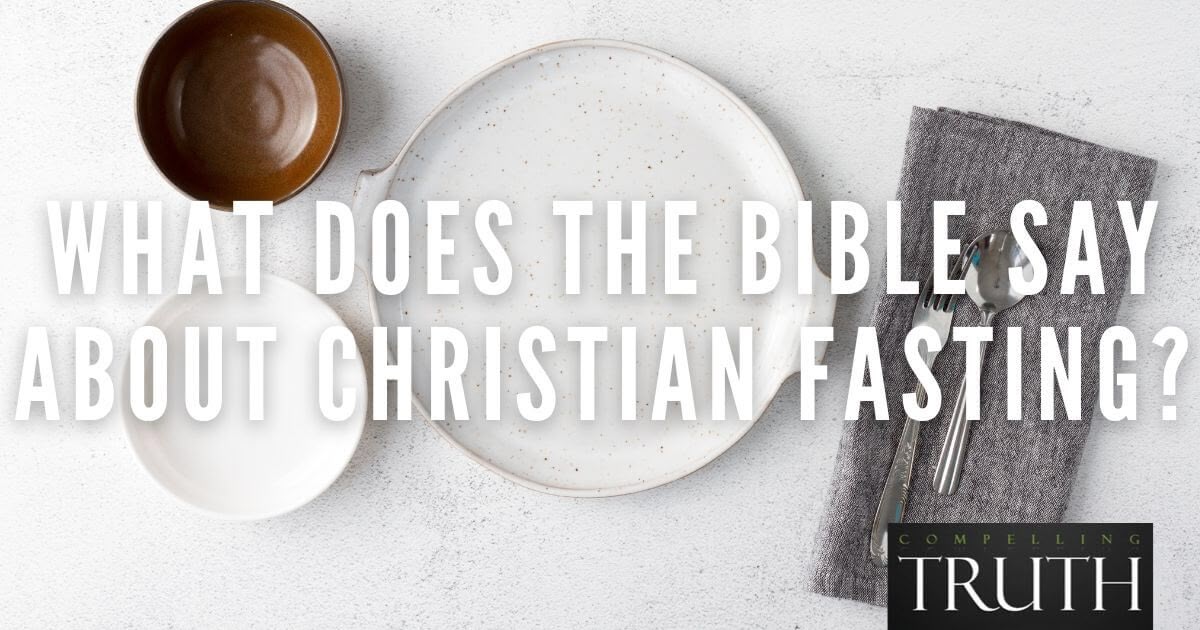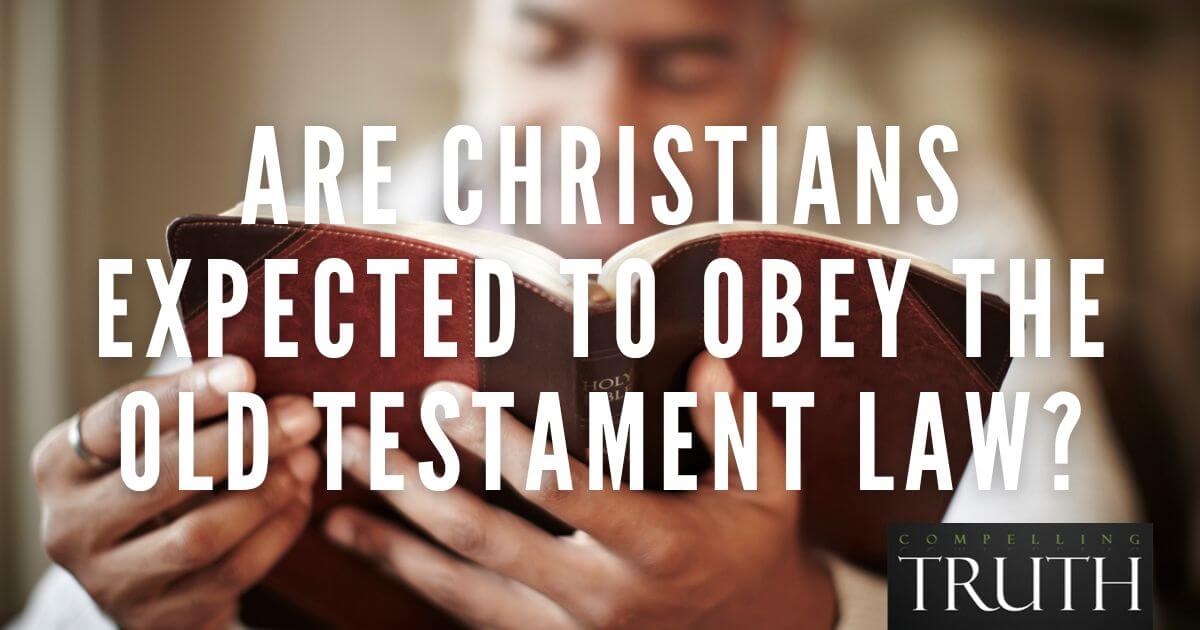what does the bible say?
A Daniel Fast is a partial fast patterned after Daniel 1:8–16. A typical Daniel Fast involves eating only vegetables, fruits, legumes, nuts and seeds, quality oils, and whole grains. Water is the only beverage. No meat or animal products (including dairy) are allowed, nor are sweeteners, hard fats (such as margarine or shortening), chemicals (including caffeine and those in processed or refined foods), or leavened breads. There are no stipulations as to the quantity of food, only the types of food that may be eaten. The Daniel Fast is usually followed for ten or twenty-one days. While following the Daniel Fast may result in various health benefits, proponents tout its spiritual value. The Bible talks about denying the flesh; removing sweetened and fatty foods that we would normally eat (and may crave) is one way to do so. The intent of the fast is to restrict food for a specific period of time in order to reach a spiritual goal. People who are looking for God's specific direction in an area or simply wanting to draw closer to Him often use a dedicated period of fasting, coupled with prayer, as a tangible demonstration of their heart's desire for God. The Daniel Fast is not a miracle formula or a prescribed formula from the Bible. What is most important, as seen with Daniel, is our reliance on and trust in God.




